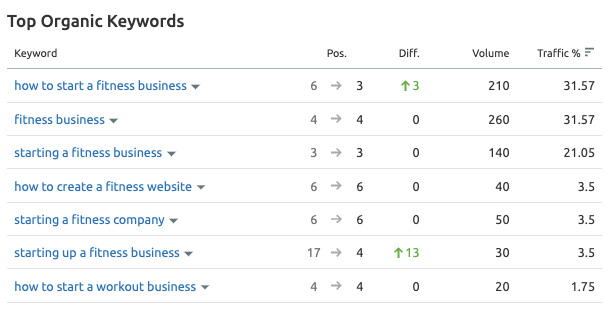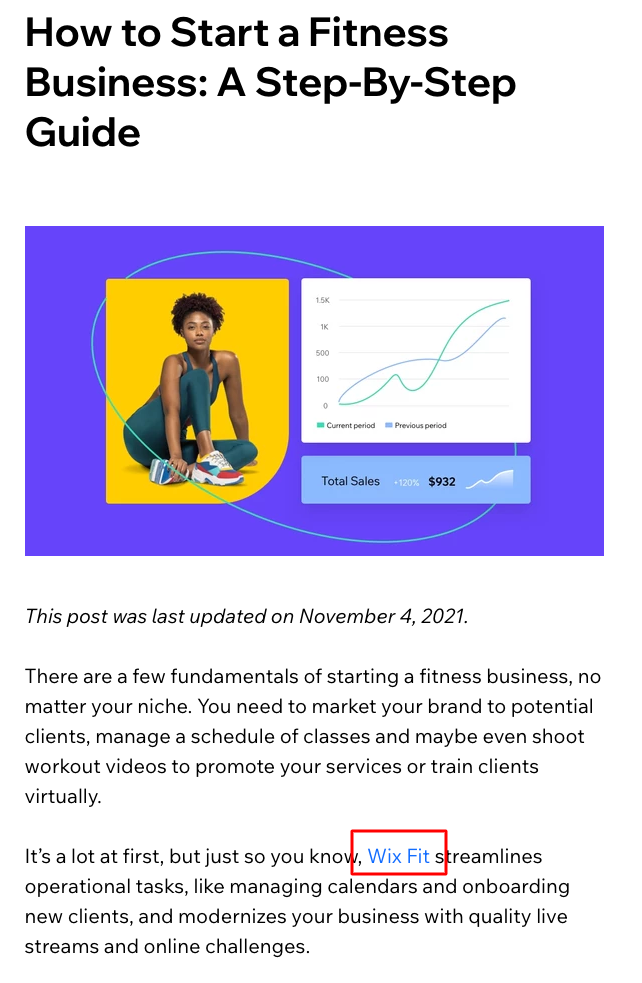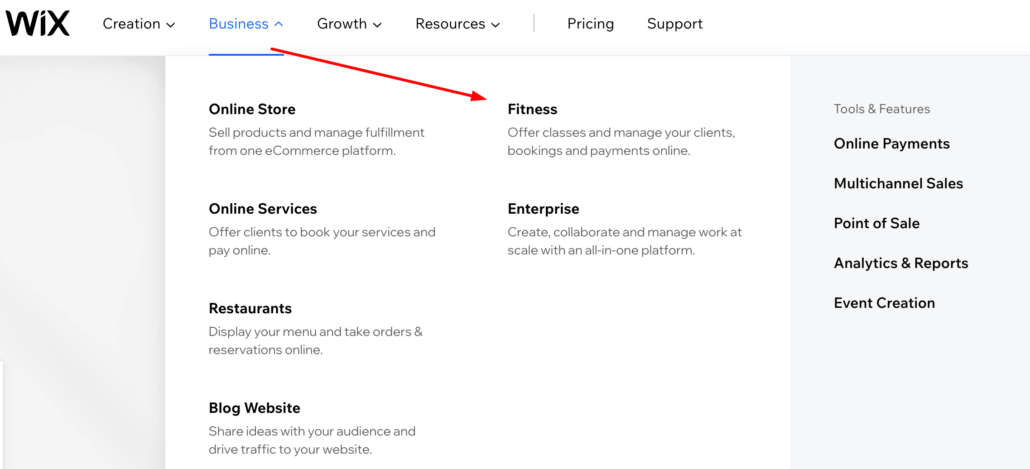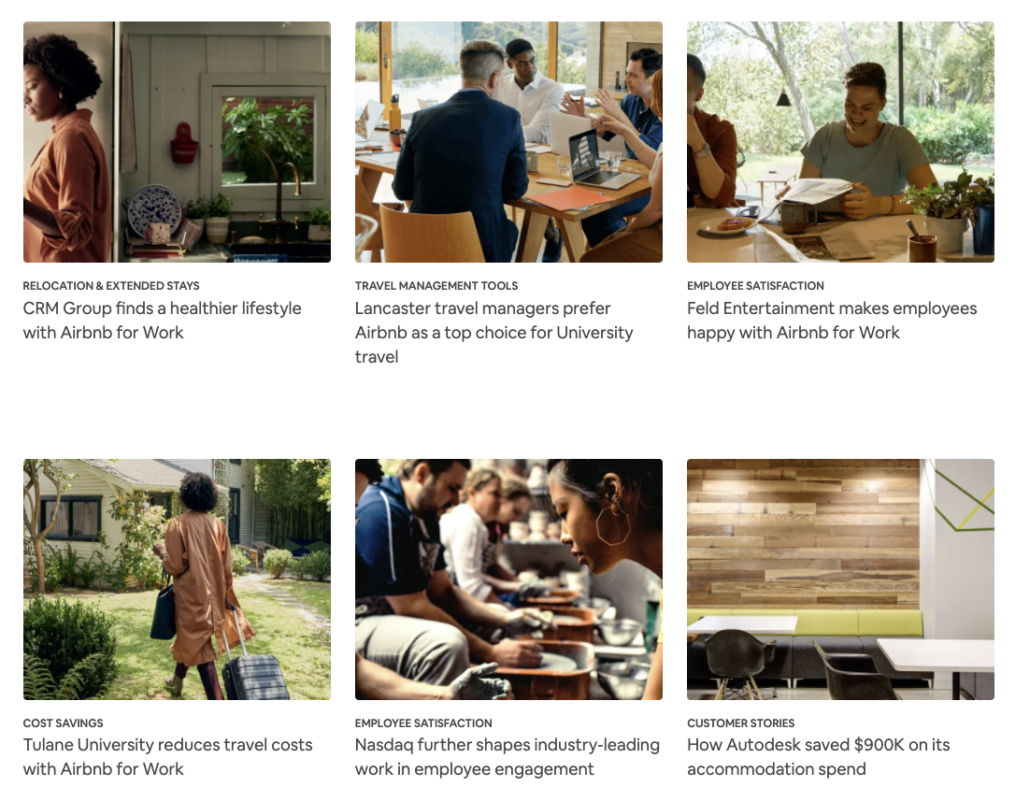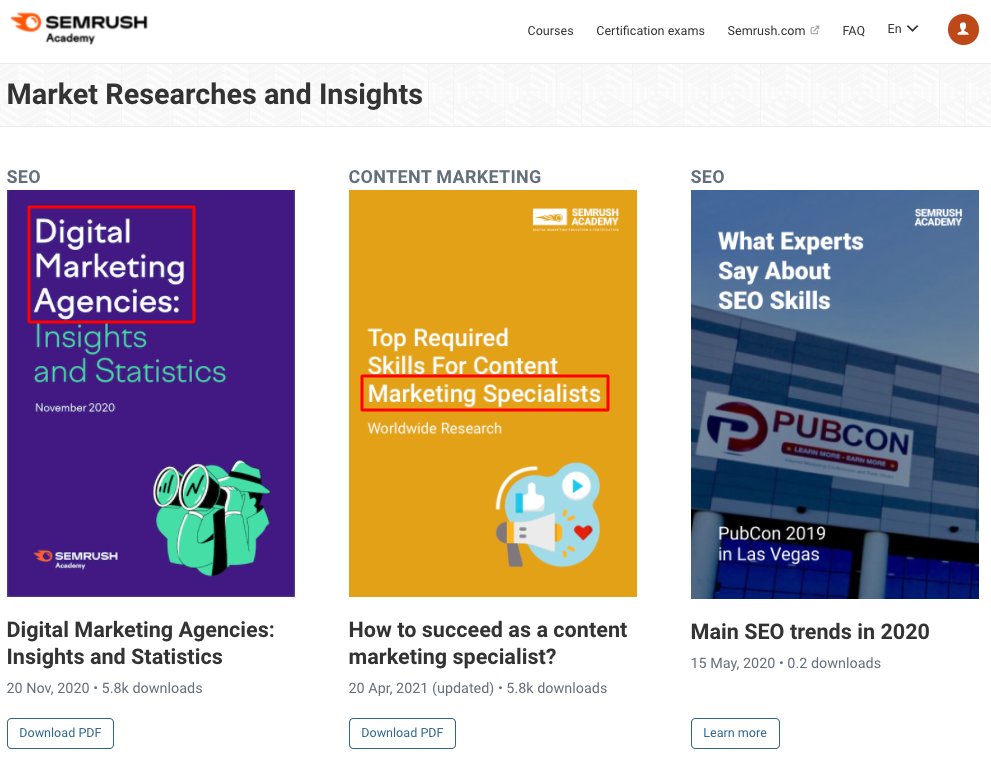I recently shared an #SEOthread on Semrush’s Twitter account, and have included a few SEO tips to help B2B companies through their content strategy journeys.
Hi all✨I'm Yagmur Simsek, Senior SEO Analyst @Re_signal. I've been wandering around SEO & Content Galaxy for a while and I thought it's time to share some knowledge:) So, if you want to hear some SEO tips to level up your B2B content strategy, here we go! @yagmrsmsk #SEOThread pic.twitter.com/lP7jKa96NC
— Semrush (@semrush) February 1, 2022
Here is the long story in case you want to read more about B2B SEO content strategy, and the questions to answer while creating yours!
What is B2B SEO?
B2B SEO refers to a digital marketing strategy that helps B2B websites rank higher in search engines. A good B2B SEO strategy increases the website’s rankings and organic search engine traffic. It places a business’s website in front of potential clients actively searching for the products or services. In B2B, the SEO strategies usually focus on keywords that top decision-makers search for. This situation sometimes makes it difficult for marketers to identify their target keywords and the content strategy.
B2B is the same as B2C regarding Google’s ranking factors and SEO best practices. However, both are different in practice. B2B SEO may target low volume keywords, look for publishing content for decision-makers, and use keywords with high CPCs. B2C SEO, on the other hand, targets keywords with low CPCs, targets high volume keywords most of the time and publishes content for an audience broader than B2B. Therefore it is sometimes easier to create the content strategy considering the user journey.
Setting up an effective B2B SEO and content strategy may be challenging, and does require well-calculated steps to stand out from the competition. For an effective content strategy, you should first consider building a decision-maker persona, choosing the funnel keywords for the bottom and then the top, optimising your product page, creating a valuable blog, and ensuring you build your backlinks for the website.
Why should your B2B content strategy succeed?
The importance of having a B2B content strategy for every business cannot be overemphasised. Content marketing has been proven over the years to work for companies. Traditional marketing methods have started losing their attention as more people have found more effective and cost-efficient ways to market. This means that with less investment, you can increase your leads.
Your search results depend on the amount of time you need to put into content marketing. In other words, how much time you put into content marketing can be determined by reading the web pages that are ranked high for your target keywords in the best, effective way. No doubt that that is a time-consuming task, but the resulting overtime is worth the hard work.
B2B content strategy is vital because of its high ROI. Modern-day buyers are much more inclined to check out products/companies online before they purchase online or offline. Knowing your buyers, and tailoring your content to them, is the soul of B2B content strategy, whatever your product or service is.
Once you start your content journey, you should also make sure your content strategy is successful and brings value to your business. Thus, it’s also important to define your goals and success metrics before you analyse your performance as you continue to work on your strategy.
What Questions Should You Answer?
Before creating your B2B content strategy, there are important questions that should be addressed for clarity and focus. Once you feel comfortable answering these questions, creating your B2B content journey will become easier yet unique and to the point. Below is a list to guide you.
- Who is your target audience?
This is one of the essential questions for every B2B strategy. Your target audience defines your focus keywords. Answering your target audience clearly means that you already responded to the question, ‘What are the business needs & goals of your potential visitors/clients?’. This will eventually lead you to consider the content your audience would most like to discover about your business, and those audiences may subsequently become your next customers!
- Do you know your personas?
You need to identify your persona. Knowing your persona helps you identify your clients’ pain points, so you can find out what you need to do in order to satisfy their needs and wants. Organise your strategy to suit each stage of their buying journey.
- What could be your visitor’s journey on your website?
Draw some possible journeys your buyer personas might take. What would be the starting point and their first search? Do you usually provide the resource or the information they are looking for once they land on your targeted page? Once you start considering your visitors’ journey on your site, it becomes easier to work on your site’s information architecture as well.
Tracking visitors on your website is a crucial step in helping you to get more sales leads from your lead-generating activities. It enables you to convert your website visitors to customers.
- Which keywords to focus on rather than generic keywords, even if the niche keywords have low search volume?
It’s not always the quantity of your traffic that matters, but also the quality! It’s OK to focus on keywords with 50-80 monthly search volume, but still rank for an aim.
Keywords narrow down visitor’s searches to your website. It is essential to focus on specific phrases that respond to your target audience and have them directed to your website, rather than generic keywords that might lower your chances of having clients directed to your website. Consider it this way; would you prefer receiving more traffic but no conversion, rather than receiving less traffic but collecting leads?
Try to see through the perspective of your target audience. Go wild and try to play with different searches and keyword groups to develop inspiring concepts.
Quickly have a look at the keyword search volumes of a new post shared on the Wix Blog. The numbers themselves may not be reaching the sky but they are niche, and exactly meet the target audience’s interest.
Not to mention that they linked to their sign-up page (https://www.wix.com/fitness-solution ) from the blog post too:
As we discussed above and highlighted the importance of defining your target audience, I wanted to share the Wix main menu structure. Here you will notice that one of the target audience segments has already been listed on the main menu and linked from there.
- How can you increase brand awareness & trust with B2B content, and how can this help your SEO?
Increasing brand awareness requires a consistent effort, and because of this, it can take a long time to achieve. Content marketing is one of the best ways to accomplish this. Brand awareness refers to how familiar customers are with your brand. This is important because customers love to buy from brands they already know and trust. B2B content shows customers what your company represents, its values, and the services it can offer. So the B2B content you create must highlight the qualities that clearly make your brand stand out.
Want to increase brand awareness & trust?
If YES, then be there when they need you! Publish thought leadership articles, case studies, guides, templates, etc., to show your expertise. Link this content with your existing services and products. Create a niche and fulfilling journey for your potential customers and partners.
Airbnb for Work, contents including case studies:
- What additional data sources can you use to get ideas for your B2B content strategy?
Your CRM data, comments on social channels and sector webinars you attend or organise, site search queries (check if you are tracking your search bar queries if you have) are great assets to explore, and so are many other places where you receive feedback/information from your audience. These can all be valuable treasure troves to consider within your B2B content strategy.
The best B2B strategy is based on data, and most companies do not realise how much data they have at their disposal. To boost your content, you need to use data to support your claims and win the trust of potential customers. You can generate data by turning your company data into research reports and valuable guides to download for free (where you can collect emails or other details for remarketing purposes).
Check out the reports shared by Semrush for specific audience segments:

